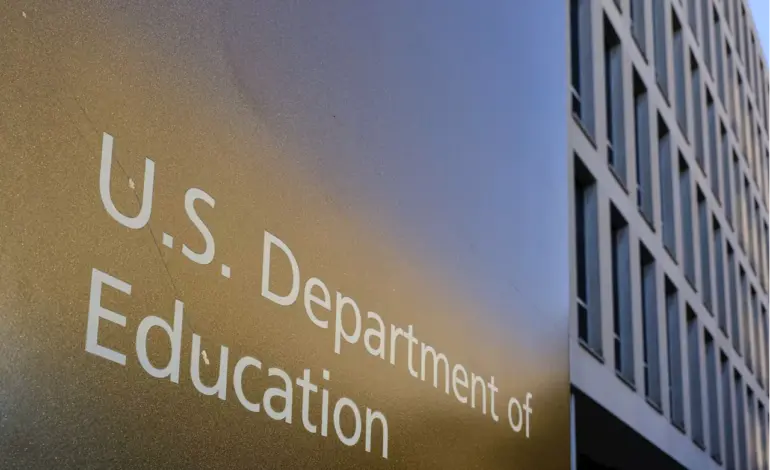MIT Rejects Education Department’s Proposal for Funding Alignment

The Massachusetts Institute of Technology (MIT) has firmly rejected a proposal from the U.S. Department of Education (ED) that would require the institution to align with specific governmental priorities in order to secure funding and other benefits. This decision, announced on March 15, 2024, underscores a significant disagreement between MIT and federal authorities regarding the principles that should govern academic institutions.
The proposal, known as the “Compact for Academic Excellence in Higher Education,” outlines various demands covering aspects such as admissions processes, hiring practices, and foreign involvement. According to MIT President **L. Rafael Reif**, the requirements stipulated in the compact are fundamentally at odds with the institution’s core belief that “scientific funding should be based on scientific merit alone.”
In a statement addressing the proposal, **Kornbluth**, MIT’s provost, emphasized that independent thought and open competition are essential to maintaining the United States’ leadership in science and innovation. She stated, “In that free marketplace of ideas, the people of MIT gladly compete with the very best, without preferences.” Kornbluth expressed that the university cannot support a framework that infringes upon its values.
The Department of Education highlighted the significance of American higher education, noting that it is a strategic benefit to the nation. The department asserted that the compact aims to advance national interests arising from the unique relationship between the U.S. government and universities. While the ED noted that institutions are free to develop their own models, they would need to forgo federal benefits if they do not comply with the outlined principles.
Kornbluth pointed out that MIT already meets or exceeds many of the standards described in the ED’s proposal. For example, MIT operates a “need-blind” admissions policy, ensuring that incoming undergraduates from families earning less than **$200,000** annually do not pay any tuition. Furthermore, the university is committed to free expression and rewards merit-based achievements, which it believes align with its mission to contribute positively to U.S. prosperity and security.
Kornbluth reiterated MIT’s commitment to its partnership with the government, acknowledging the “extraordinary benefits” that such collaboration has brought to the public. She affirmed, “We freely choose these values because they’re right, and we live by them because they support our mission.”
As of now, the U.S. Department of Education has not commented on MIT’s rejection of the proposal. With this decision, MIT stands firm in its belief that academic integrity and independence are paramount, setting a significant precedent in the ongoing dialogue between higher education institutions and federal authorities.






